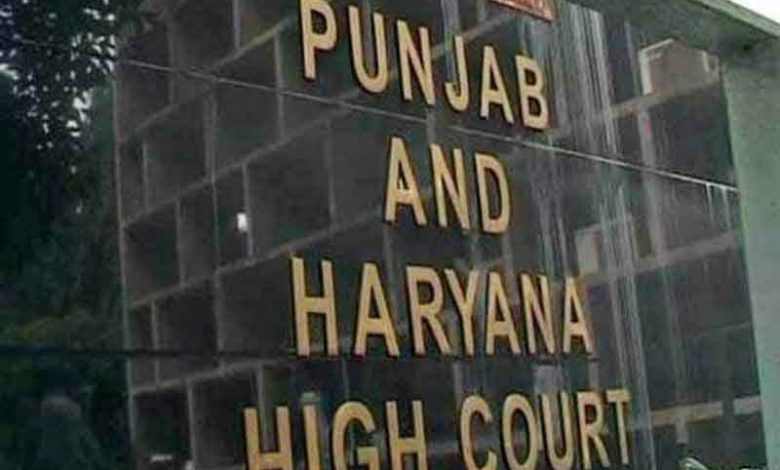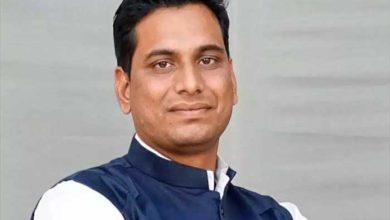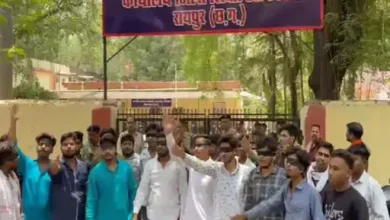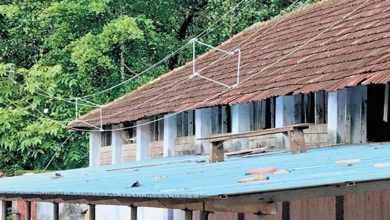Punjab: Petition for caste-based reservation in Gurdwara elections rejected

Punjab: The Punjab and Haryana High Court on Friday ruled that seeking caste or gender-based reservation in elections to a Sikh religious institution is contrary to the fundamental tenets of Sikhism. Citing the Sikh philosophy of equality and unity, a bench of Justices Anil Khetrapal and Harpreet Kaur Jeevan also dismissed a batch of petitions. Among other things, the petitions argued that not reserving seats for Scheduled Castes, Backward Classes and women in the general elections to the Haryana Sikh Gurdwara Management Committee is unconstitutional and against the provisions of the Representation of the People Act. “It is notable that seeking reservation on the basis of caste and gender for the purpose of elections to a Sikh religious institution would be against the irrefutable philosophy of Sikhism. A writ of mandamus cannot be issued to compel any body or the State to provide reservation,” the bench said while passing the verdict.
The court stressed that division of society on the basis of caste or creed contradicts the fundamental tenets of Sikhism as the religion’s founder Guru Nanak Dev had always advocated a casteless society. “The philosophy of Sikhism emphasises the unity of all human beings. Sikhism founded by Sri Guru Nanak Dev Ji underlines the importance of the principle of Ek Noor Te Sab Jag Upajya – which indicates that from one light, i.e. one universal source, the entire universe is created. The opening word in Sri Guru Granth Sahib Ji is Ek Onkar, which indicates that there is only one universal creator i.e. ‘God’ called ‘Omkar’. It also indicates unity of mankind in all its forms,” the bench emphasised. The court said Sikhism follows its own philosophy and principles. The practice of langar or community kitchen is the best example of unity, “where the attendees sit on the floor and eat simple food,” the bench said. The court also said Article 15 of the Constitution empowers the state only to make special provisions but does not mandate reservation in all areas. Further, the Representation of the People Act cited by the petitioners governs parliamentary and assembly elections and does not apply to elections to religious bodies.





